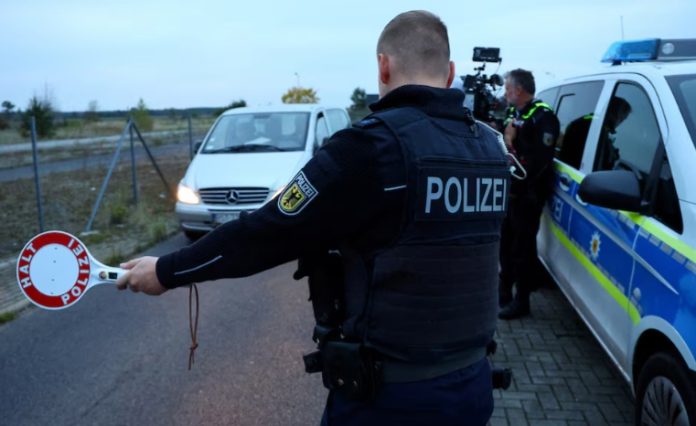Europe’s free travel zone, known as the Schengen Area, is increasingly subject to border controls as many EU countries opt to tighten their internal borders amid a host of threats, Euractiv reports.
The Schengen Area, signed in 1985 and entered into force in 1995, is considered one of the bloc’s biggest advantages, allowing people to travel between member states without a single passport check.
Although a European Commission spokesman made it clear that border controls “should remain an exceptional, strictly time-limited and extreme measure if a serious threat to public policy or internal security is established,” EU members’ enthusiasm for border controls, which are anathema to the project, is growing.
A growing number of countries no longer want to use border controls as the short-term, last resort measure that Schengen originally intended it to be.
What started as localised, long-term border controls in Bavaria has now become a nationwide policy across Germany. A country that was once a staunch supporter of open borders and a founding member of the Schengen Area is increasingly tightening its national borders. Nancy Faeser, Germany’s interior minister (SPD, S&D), said during a visit to the Polish border in early August.
For me, border controls will remain as long as necessary.
Encouraged by the initial success of border checks introduced during Euro 2024, the leader of the German conservatives (CDU-CSU, EPP), Friedrich Merz, declared that “border controls must stay!” Now the Socialists (SPD, S&D) and the centre-right agree with him.
Experts note a clear trend towards strengthening and extending border controls among key EU members. Daniel Thym, an EU law scholar at the University of Konstanz, expained:
In Germany, politicians do not challenge the assumption that border controls are something positive any more.
The country’s newfound enthusiasm complements a trend that began in 2011, when French President Nicolas Sarkozy argued in favour of Schengen reform, threatening to leave the free-travel zone. He said in 2012 after a row with his Italian counterpart the previous year:
The Schengen agreements can no longer respond to the gravity of the situation.
Islamist attacks on satirical magazine Charlie Hebdo and the Bataclan massacre in 2015 prompted France to pursue border checks for national security purposes with renewed zeal. Thym told Euractiv:
France has had uncontested border controls for years.
He added that other countries have taken similar actions. For example, Austria “previously ignored a 2022 judgement of the European Court of Justice” that border controls are illegal.
Slovenia has imposed controls on its borders with Croatia and Hungary. Italy, its western neighbour, is conducting checks at all borders. Meanwhile, Sweden has imposed free travel restrictions on residents of Denmark’s capital Copenhagen.
Some EU countries have said migratory pressures require the introduction of border controls. Sweden fears an influx of organised crime from the south of the country. Bavaria’s minister of the interior, Joachim Herrmann, said:
We need intensive border controls more than ever for security and migration policy reasons.
As a consequence, Europe is increasingly divided by long-term border controls that stretch from the Baltic Sea to the Adriatic Sea, the Euractiv study shows. A spokesperson for the European Commission:
The Commission and the Schengen Coordinator are working closely and regularly meeting with all the member states that currently have internal border controls in place.
Faced with a dramatic increase in border controls, Brussels is trying to persuade EU countries to consider “possible alternatives” such as targeted policing to address security concerns “without having to reintroduce internal border controls,” they added.
Thym is sceptical that Brussels’ approach will work, given the complexity of the problems they have to address.
Because “issues like migration increase security, EU countries that don’t have a good solution to many of these problems are using the symbolism of border controls to put on a kind of theatre show.” He also added:
That’s also why the Commission’s idea of having these alternatives to border controls will probably not be very effective.
The Schengen Agreement has had a profound impact on Europe, revolutionising the concept of borders and changing the identity of the continent. It has facilitated the free movement of people, goods and services, promoting unity, economic growth and cultural exchange. However, the European Free Travel Area may not survive in light of modern threats and challenges that the EU is finding it increasingly difficult to cope with.
